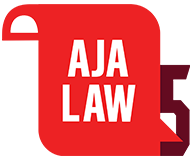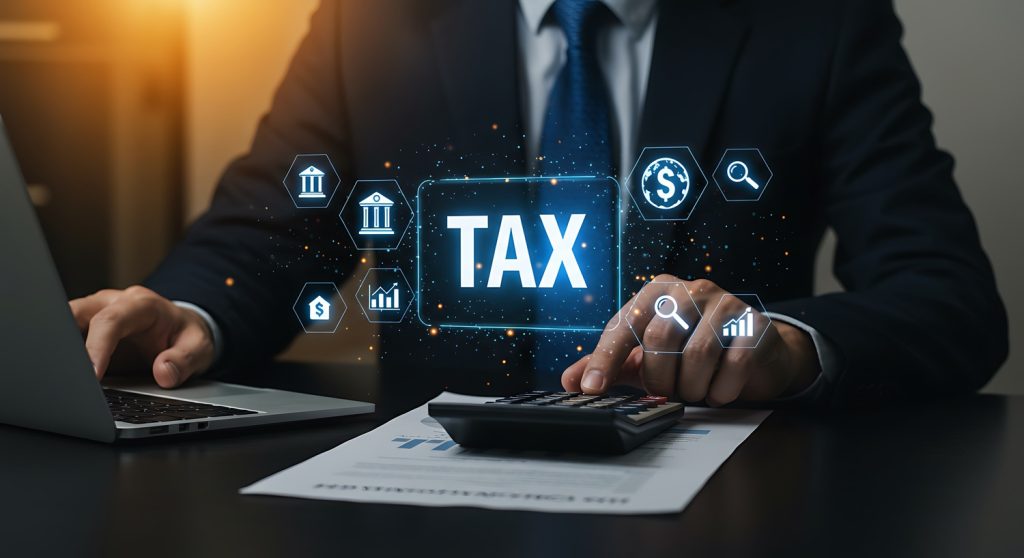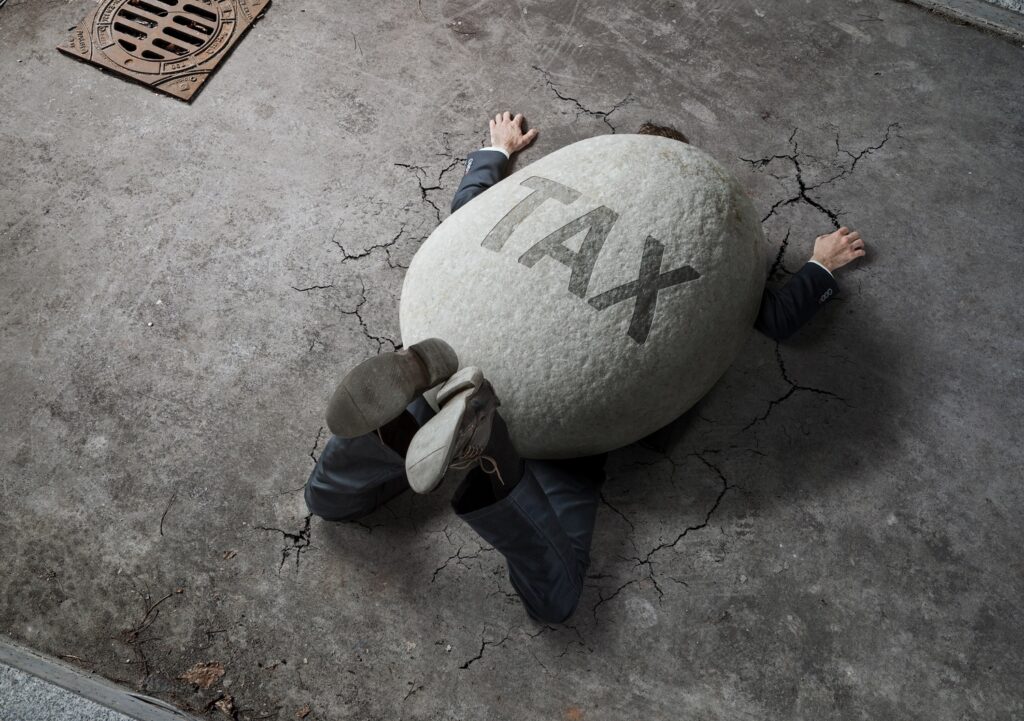
Blog
BIR Clarifies Tax Rules on Sale of Real Property Classified as Ordinary Assets

For foreign investors, developers, and companies doing business in the Philippines, real estate transactions often carry more tax risk than expected. One of the most common — and costly — compliance mistakes is misclassifying real property as a capital asset when it is legally treated as an ordinary asset.
In April 2025, the Bureau of Internal Revenue (BIR) issued Revenue Memorandum Circular No. 31-2025 (RMC 31-2025) to clarify the tax treatment of real property sales classified as ordinary assets. The guidance reinforces stricter compliance expectations for real estate developers, dealers, and businesses habitually engaged in property transactions — including those with foreign ownership or cross-border structures.
For companies operating in or entering the Philippine market, this clarification underscores a broader reality: tax compliance is not a back-office task, but a core business and risk management issue, particularly for companies treating tax compliance as a business design decision.
Doing Business in the Philippines: What Are “Ordinary Assets” in Real Estate?
Under Philippine tax law, real property is classified as an ordinary asset if it falls under any of the following:
- Property held primarily for sale to customers in the ordinary course of business
- Real estate used in trade or business
- Property included in inventory
- Property subject to depreciation
- Assets of real estate dealers, developers, or lessors
This classification applies regardless of whether the seller is a local entity or a foreign-owned corporation registered in the Philippines.
The distinction is critical. Ordinary assets are not subject to capital gains tax. Instead, they are taxed under a different and more complex framework involving withholding tax, income tax, and value-added tax (VAT), all of which form part of broader Philippine tax compliance requirements.
Tax Compliance for Real Estate Developers and Dealers
RMC 31-2025 reiterates that taxpayers habitually engaged in the real estate business must file the following per transaction:
- BIR Form No. 1606 or the Withholding Tax Remittance Return for Onerous Transfer of Real Property other than Capital Asset – to remit the creditable withholding tax (CWT) on the sale; and
- BIR Form No. 2000-OT for the declaration and payment of the Documentary Stamp Tax (DST) due on the sale of real property.
The BIR expressly prohibits lumping multiple property sales into a single return. Each sale requires a separate filing. Failure to comply may delay the issuance of the Electronic Certificate Authorizing Registration (eCAR) — a critical document for property transfer and title registration under the BIR’s digital filing and registration systems.
For foreign investors and in-house teams, this highlights the importance of transaction-by-transaction tax tracking and documentation.
VAT, Income Tax, and Ancillary Fees Explained
Beyond the sale price itself, RMC 31-2025 clarifies the tax treatment of related charges commonly imposed by real estate developers:
- Transfer fees
- Processing fees
- Registration and documentation fees
- Miscellaneous administrative charges
These fees are subject to income tax and 12% VAT, even when collected in connection with a property sale financed through banks or other financial institutions alongside other documentary stamp tax and transaction-related taxes.
Required Issuance of Documents
- Sales Invoice – issued to the buyer as proof of sale and payment
- Official Receipt or Acknowledgment Receipt – issued to the financing institution for amounts received
Inconsistent or improper issuance of invoices and receipts is a frequent trigger for BIR audits, particularly for businesses with foreign shareholders or large transaction volumes.
Legal and Tax Risks for Foreign-Owned and Cross-Border Businesses
The BIR’s clarification reflects a broader enforcement trend: heightened scrutiny of real estate transactions and tax reporting, especially where misclassification results in underpaid taxes.
Common risk areas include:
- Treating ordinary assets as capital assets
- Underreporting VAT on related fees
- Improper withholding tax filings
- Claiming invalid tax credits
- Delays in eCAR processing that stall transactions
For foreign investors, these risks can directly impact deal timelines, financing arrangements, regulatory credibility, and exit strategies. Many of these risks stem from early compliance decisions that were made without a full understanding of how Philippine tax and regulatory rules operate in practice.

Why Integrated Philippine Legal Counsel Matters
Real estate and asset transactions in the Philippines rarely raise tax issues in isolation. They often sit at the intersection of corporate governance, foreign ownership rules, workforce considerations, regulatory reporting, data management, and long-term investment planning —requiring integrated corporate and regulatory compliance rather than isolated solutions. Addressing one requirement without understanding its wider regulatory impact can expose businesses to avoidable risk, delays, or enforcement action.
This is particularly relevant for foreign investors and corporate groups operating across jurisdictions, where Philippine tax rules, compliance obligations, and regulatory approvals are closely interconnected. Missteps in classification, documentation, or filings can affect not only tax exposure, but also transaction timelines, financing arrangements, and overall business credibility.
At AJA Law, we support clients through integrated, end-to-end Philippine legal advisory—from transaction structuring and compliance strategy to regulatory coordination and risk management. Our approach is practical, technology-enabled, and grounded in business realities. We work closely with decision-makers to ensure that compliance requirements are addressed efficiently, without disrupting commercial objectives or growth plans.
If your business is selling, developing, or investing in Philippine real property—or planning a market entry, expansion, or exit—proper classification and regulatory alignment are not optional. Clear, coordinated legal guidance is essential to protect value and maintain transaction readiness.
Contact AJA Law to obtain strategic, commercially grounded legal support tailored to your Philippine operations.








